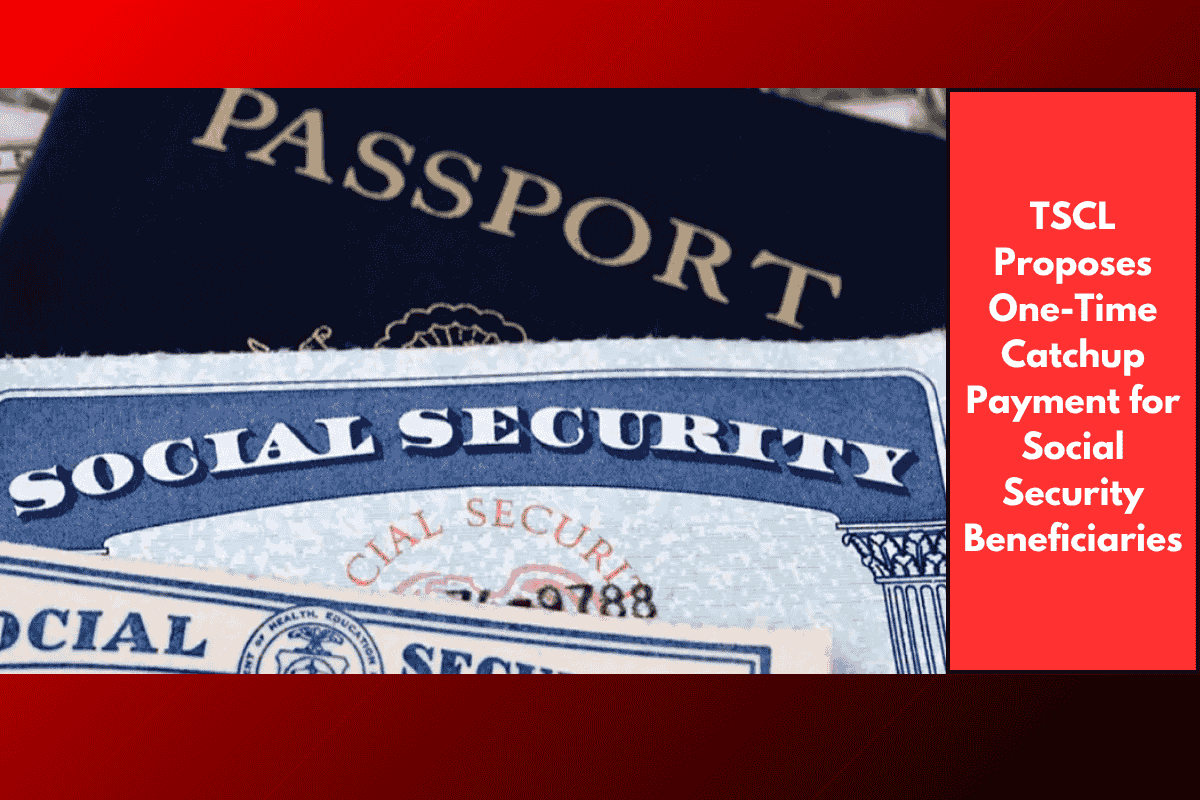Many Americans who were expecting to get full Social Security benefits are now finding out they might receive less than they deserve. This is because the Social Security Administration (SSA) is not fully applying the new Social Security Fairness Act, which became law in 2025. The law was supposed to help retirees, widows, and public workers get back the benefits that had been unfairly reduced. However, due to how the SSA is interpreting it, some people are only getting a small part of what they’re owed.
What Is the Social Security Fairness Act?
The Social Security Fairness Act was introduced to remove two unpopular rules: the Government Pension Offset (GPO) and the Windfall Elimination Provision (WEP). These rules had long cut down the benefits of public workers such as teachers, police officers, and firefighters, just because they also received a government pension.
The new law was a big step forward. It aimed to fix this issue and help millions of Americans get the full Social Security payments they should have been receiving. It also allowed retroactive payments to be given from January 2024.
The Problem with Retroactive Payments
Even though the law allows payments going back to January 2024, many people are only getting six months’ worth of back pay. That’s far less than what they might be owed. Some people have lost over $5,500 in missed payments, just because the SSA is capping the amount of backpay.
This is especially upsetting for people who asked the SSA for help in past years but got wrong or outdated information. Because of that, they missed their chance to apply for the right benefits on time.
Lawmakers Speak Out
A group of U.S. Senators from both political parties is now asking the SSA to change how it’s handling these payments. Senators Susan Collins, Bill Cassidy, John Cornyn, and John Fetterman have written to the SSA’s Acting Commissioner, Leland Dudek, saying that people should get full backpay starting from the date they first asked for help—not just six months back.
They believe it’s not fair to punish people for following wrong advice given by SSA staff. Many widows, widowers, and spouses are being left out of money they should have received.
Who Is Affected?
More than 3 million people may be impacted. The ones losing the most are often:
- Spouses and survivors (widows and widowers)
- Retired public service workers (teachers, police, firefighters)
- People who asked for help earlier but were given bad information
Table: Social Security Retroactive Pay—What You Need to Know
| Category | Current SSA Practice | What the Law Allows | Potential Loss per Recipient |
|---|---|---|---|
| Retroactive Payment Period | 6 months | Since January 2024 | Up to $5,586 |
| Average Monthly Spousal Benefit | $931 | — | — |
| Estimated Affected Population | — | Over 3 million Americans | — |
| Most Affected Groups | Spouses, widows, public retirees | — | — |
What Happens Next?
Right now, the SSA has not responded to the lawmakers’ letter or made any changes to its policy. But with pressure growing and media attention increasing, there may be updates soon. If you or someone you know thinks they’ve missed out on Social Security backpay, it might be a good idea to contact the SSA and keep records of all past interactions.
This situation shows why it’s important for government agencies to give clear, correct advice—and to fix things when they don’t.
The Social Security Fairness Act was supposed to bring relief to millions of Americans who were unfairly losing part of their benefits. While the law is a step in the right direction, the way it’s being applied is still hurting people. Until the SSA updates its rules on retroactive payments, many may continue to miss out on the money they rightfully deserve. Lawmakers are urging quick action, and all eyes are now on the SSA’s next move.














